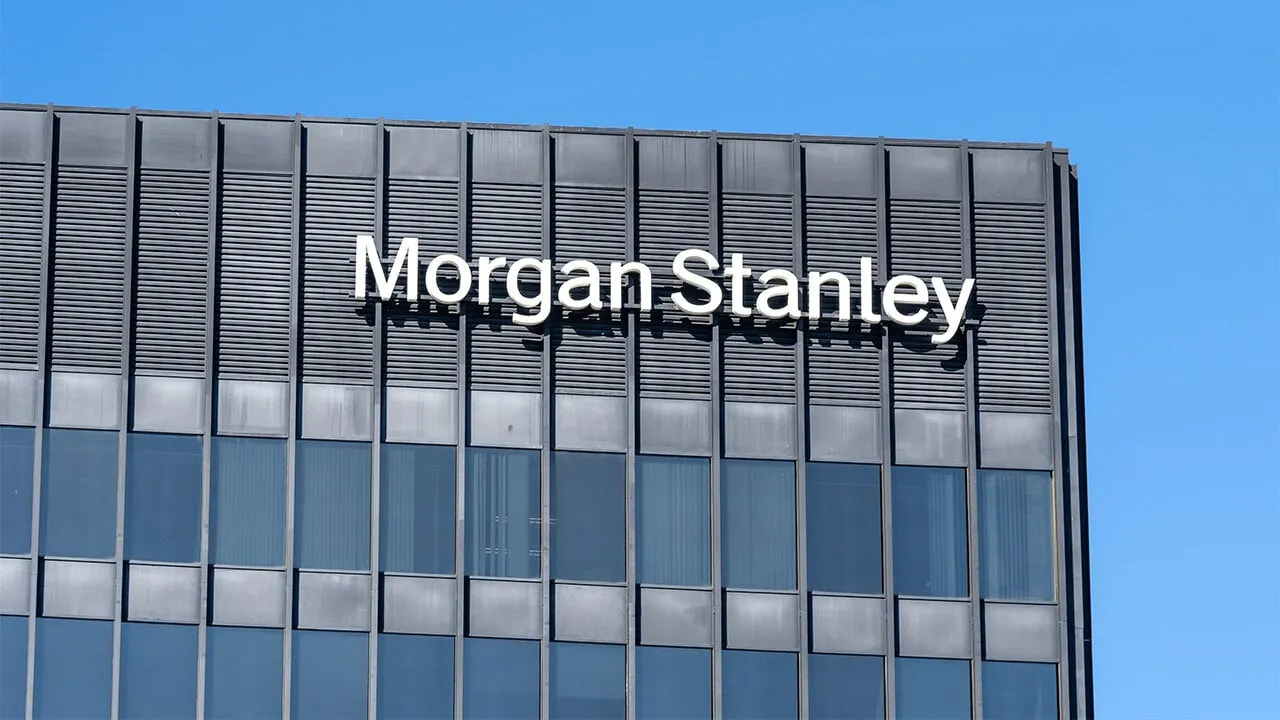(Bloomberg) -- The case for buying pricey Big Tech stocks on the assumption that profit growth is poised to re-accelerate is starting to look shaky.
With reports now in from all but Nvidia Corp., earnings for the group have been better than initially expected but that hasn’t stopped the stocks from lagging the broader market. The problem? Profit outlook has gotten murkier as companies like Amazon.com Inc. and Alphabet Inc. spend lavishly on artificial intelligence and tariff and US policy risks loom over Apple Inc. and Tesla Inc.
“There are a lot more questions for the mega-caps than answers,” said Ivana Delevska, chief investment officer at SPEAR Invest. Top among them, according to Delevska: Where is the uptick in growth from all of the heavy spending?
Wall Street projections for profits in the current quarter have ticked lower for most of the so-called Magnificent Seven companies over the past month. Net income estimates for the current quarter have fallen 25% for Tesla, roughly 4% for Apple and 3% for Amazon in the same period, according to data compiled by Bloomberg.
Big Tech stocks have powered the S&P 500 higher for most of the past two years amid soaring profit growth. But that outperformance has been slipping with earnings expansion cooling and cheaper valuations in other sectors prompting investors to bet on less expensive areas of the market.
So far, earnings growth in the fourth quarter is projected to be 30%, compared with 22% at the start of reporting season, according to data compiled by Bloomberg Intelligence. But that forecast is providing investors little consolation. Of the six that have reported since Jan. 29 – when Microsoft, Meta Platforms and Tesla kicked off earnings — only Meta’s shares are significantly higher as traders bet that the Facebook and Instagram owner is best positioned to generate revenue growth from higher AI capex.
The rest of the group has trended lower following reports that failed to exceed lofty investor expectations. Disappointing cloud figures weighed on shares of Amazon and Microsoft, even as they blamed the weakness on capacity constraints, not demand. Apple shares lost a post-earnings boost due to increasing concerns over tariffs and China’s economy, while Tesla stock declined following disastrous sales figures and US policy threats.
It’s becoming very clear that the earliest beneficiaries of AI may not all be able to drive meaningful revenue growth in the near-term even as they invest billions of dollars in the technology.
“Today’s outlook seems increasingly tenuous given the disruptive nature of AI and the rapidly changing landscape of Software development,” Adam Parker of Trivariate Research LLC wrote in a note. With valuations and capital spending high, as well as relatively elevated volatility, Trivariate Research recommends investors cut exposure to the group.
Meta was the clear winner this earnings season. The company is getting the benefit of the doubt from investors when it comes to bigger spending on AI. Despite a revenue forecast for the current quarter that trailed the average estimate at the midpoint, the company’s shares have soared after Chief Executive Officer Mark Zuckerberg predicted that 2025 would be a “really big year” for AI at Meta.
Of the cohort, only Nvidia has yet to report earnings — results are due Feb. 26. Nvidia shares were rattled by the emergence of an advanced AI chatbot purportedly developed on the cheap by a China-based startup. Those fears have lingered, leaving the stock down about 10% from last month’s peak with investors expecting few catalysts to meaningfully move shares ahead of quarterly results.
Since shares of the seven biggest tech companies account for roughly a third of the S&P 500, their weakness is an impediment for the broader market.
That puts the onus on other sectors like financials, industrials and health care to pick up the slack, according to Gina Martin Adams, chief equity strategist at Bloomberg Intelligence.
The Magnificent Seven “are in a clear consolidation pattern, and it could be tough for the index to defy gravity,” she wrote in a research note with equity strategist Michael Casper.





